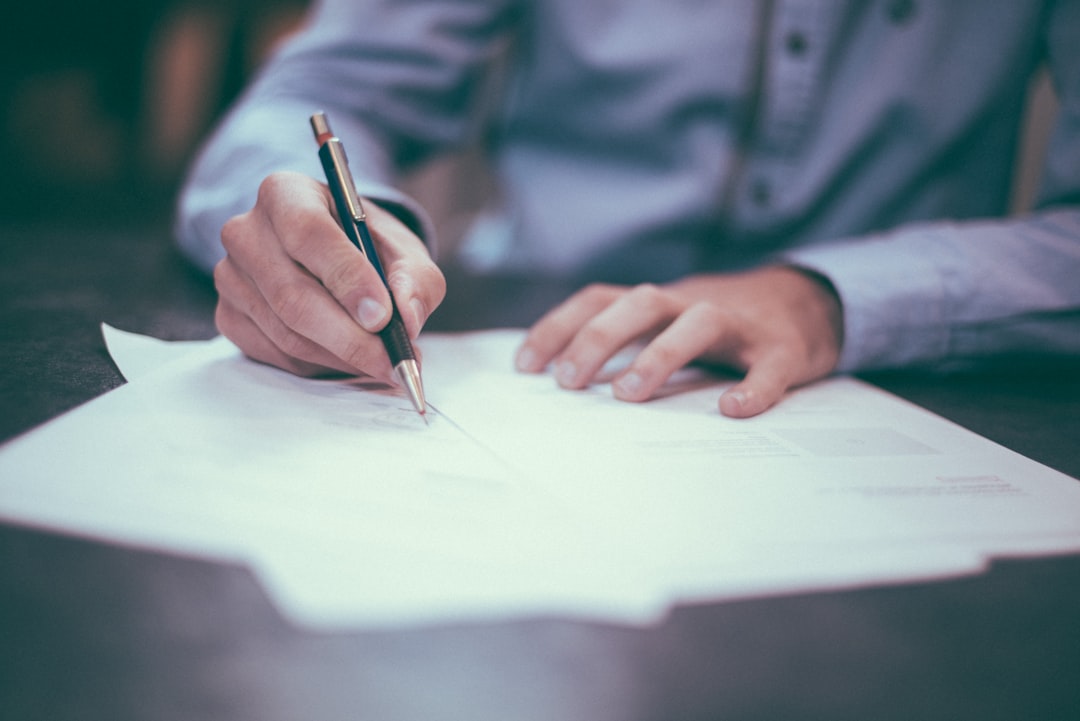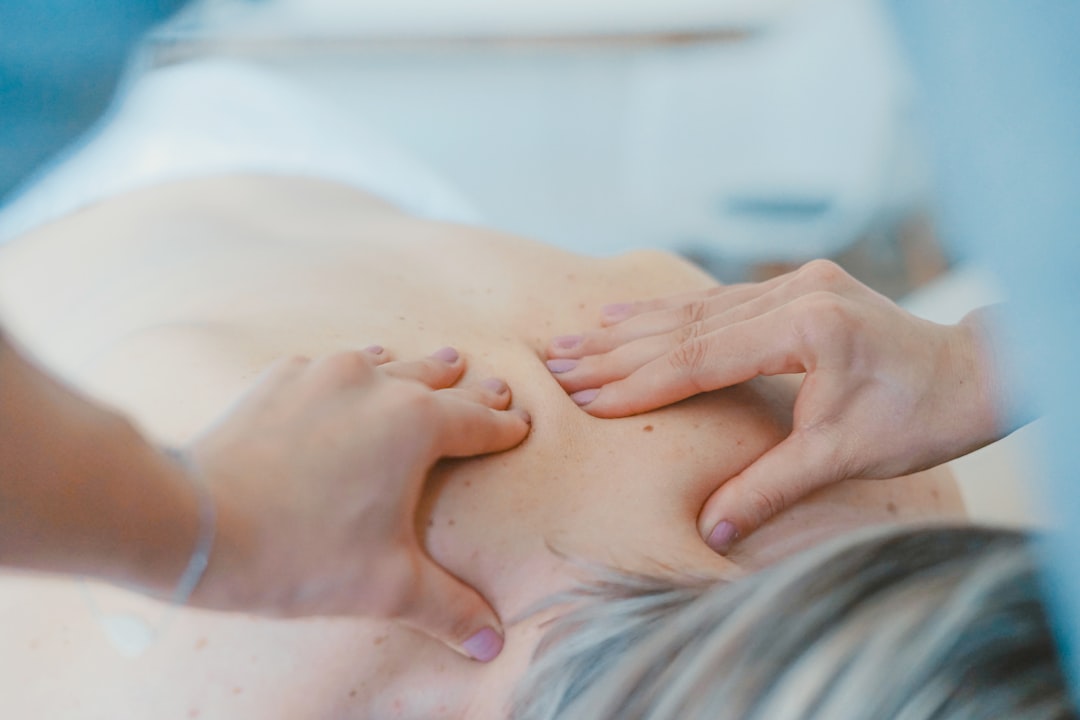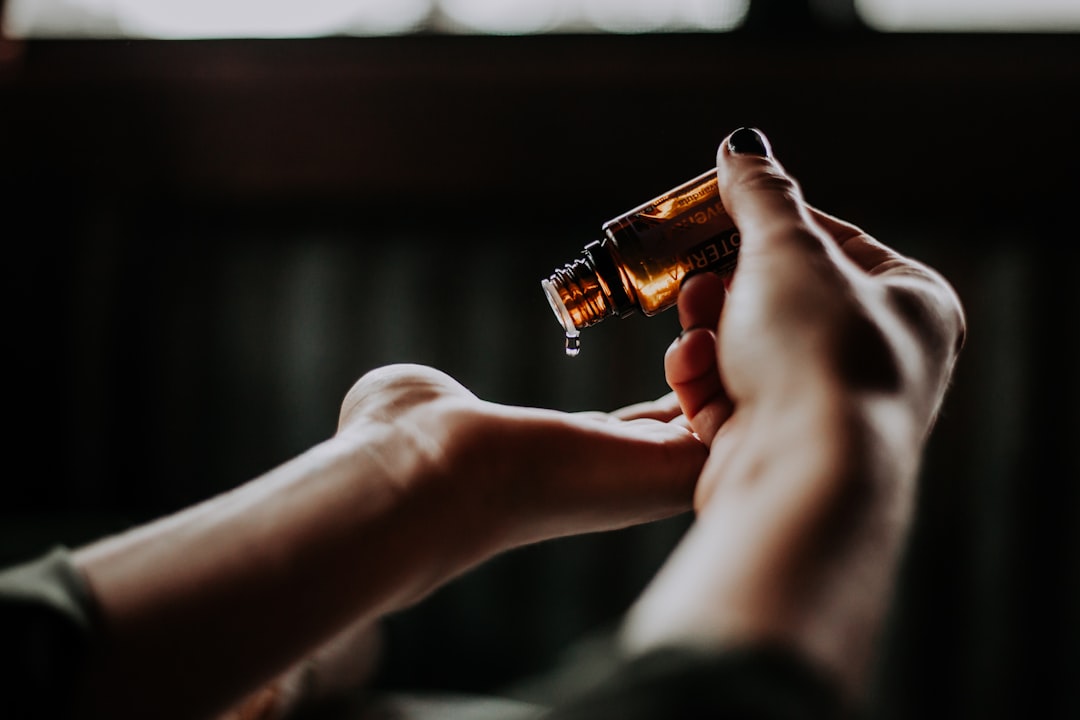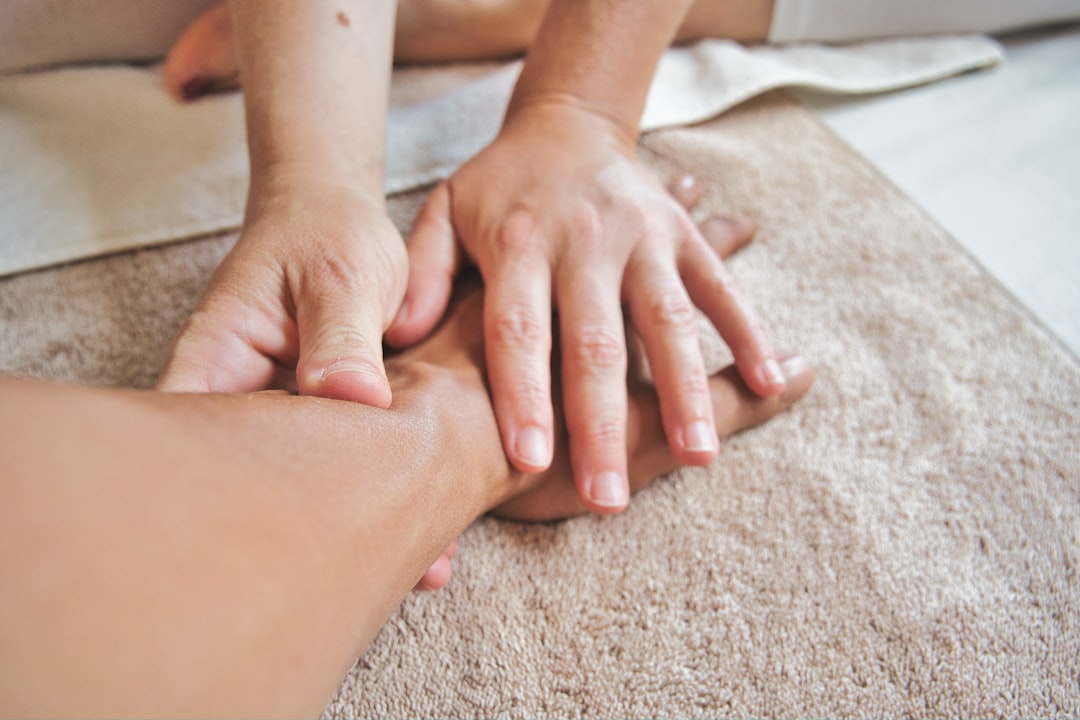Economic disparities in Pawtucket, RI, hinder access to legal resources for massage abuse victims, especially low-income residents. High hourly rates for specialized attorneys create a financial barrier, leaving many without proper representation. Community outreach and targeted initiatives are crucial to establish affordable or free legal aid programs, ensuring equal opportunities for all survivors to hold perpetrators accountable in Rhode Island.
In Pawtucket, Rhode Island, economic factors significantly impact access to legal resources for victims of massage abuse. This article delves into the intricate relationship between economic disparities and the availability of legal aid, exploring specific gaps faced by vulnerable populations. We analyze how financial constraints affect the ability to secure representation from specialized massage abuse attorneys in RI. Furthermore, we propose strategies to overcome these barriers, aiming to ensure equal access to justice for all victims.
Economic Disparities and Legal Aid Gaps in Pawtucket
In Pawtucket, RI, economic disparities significantly contribute to notable gaps in access to legal resources for victims, especially those experiencing massage abuse. The city’s socioeconomic landscape is characterized by varying income levels and employment opportunities, with pockets of poverty coexisting alongside more affluent neighborhoods. This divide often translates into unequal access to justice, as legal aid services are not evenly distributed. Many low-income residents might face challenges in affording qualified massage abuse attorneys, leading to potential cases going unrepresented or improperly handled.
The lack of readily available and affordable legal aid specifically targeting massage abuse cases exacerbates the problem. Victims from disadvantaged backgrounds may find themselves at a disadvantage when pursuing justice due to the financial burden of legal representation. This situation underscores the importance of targeted initiatives and community outreach programs that can bridge the legal aid gap, ensuring that all Pawtucket residents, regardless of their economic status, have equal opportunities to seek redress for massage abuse.
Access to Massage Abuse Attorneys: A Financial Perspective
Access to legal representation for victims of massage abuse in Pawtucket, RI, is significantly influenced by economic factors. The cost of hiring a specialized attorney for such cases can be prohibitive for many individuals, particularly those from lower socioeconomic backgrounds. Massage abuse attorneys in Rhode Island often charge hourly rates that may not be affordable for victims who are struggling financially due to the trauma they’ve experienced.
This financial barrier can lead to a significant disparity in access to justice. Wealthier individuals or those with better insurance coverage might secure legal assistance more easily, while others could be left without proper representation. The challenge lies in ensuring that all victims, regardless of their economic status, have equal opportunities to seek redress and hold perpetrators accountable.
Overcoming Barriers: Strategies for Vulnerable Populations in RI
Victims of massage abuse in Pawtucket, RI, often face significant barriers when seeking legal recourse due to economic disparities. Limited financial resources can hinder access to quality legal representation, leaving them vulnerable during legal proceedings. To address this, several initiatives and strategies are crucial for empowering these populations.
One approach is to establish community-based legal aid organizations specifically catering to massage abuse victims. These organizations can offer free or low-cost legal services, providing much-needed support. Additionally, partnerships between local non-profits, community centers, and legal professionals can create a safety net, ensuring victims receive guidance and representation. With the help of dedicated attorneys specializing in massage abuse cases in Rhode Island, these strategies aim to overcome economic barriers and ensure that all victims have an equal chance to seek justice.






